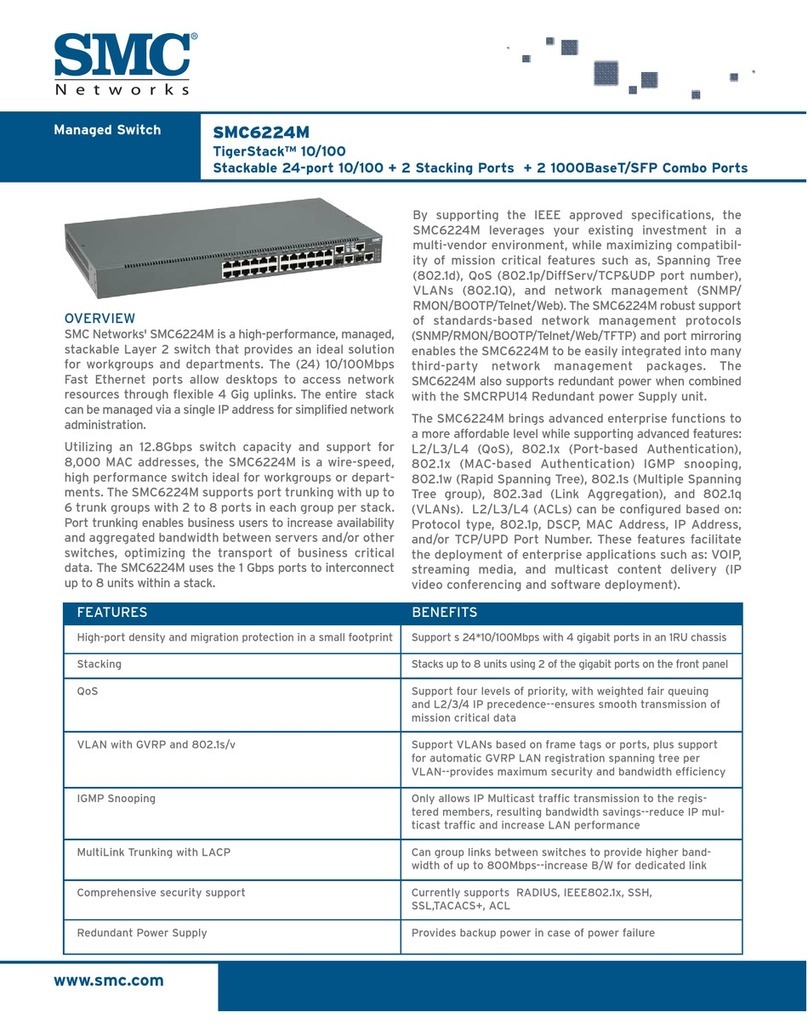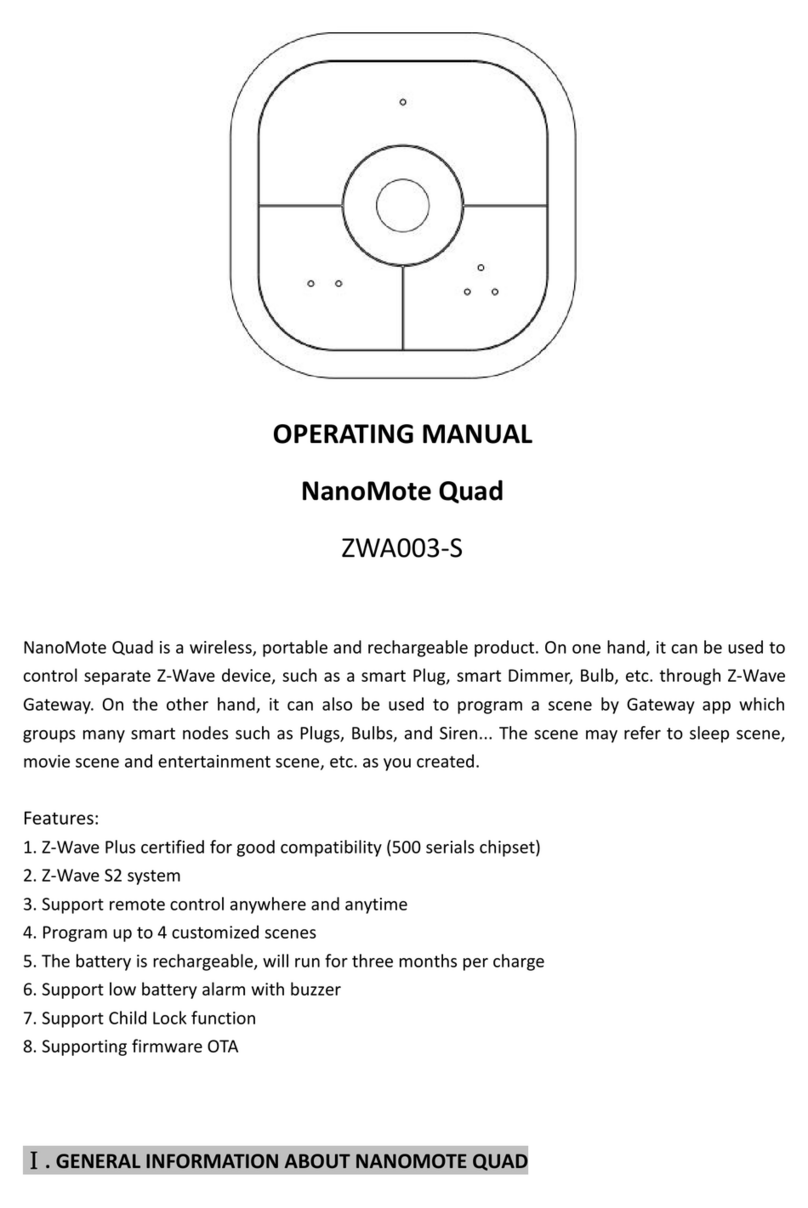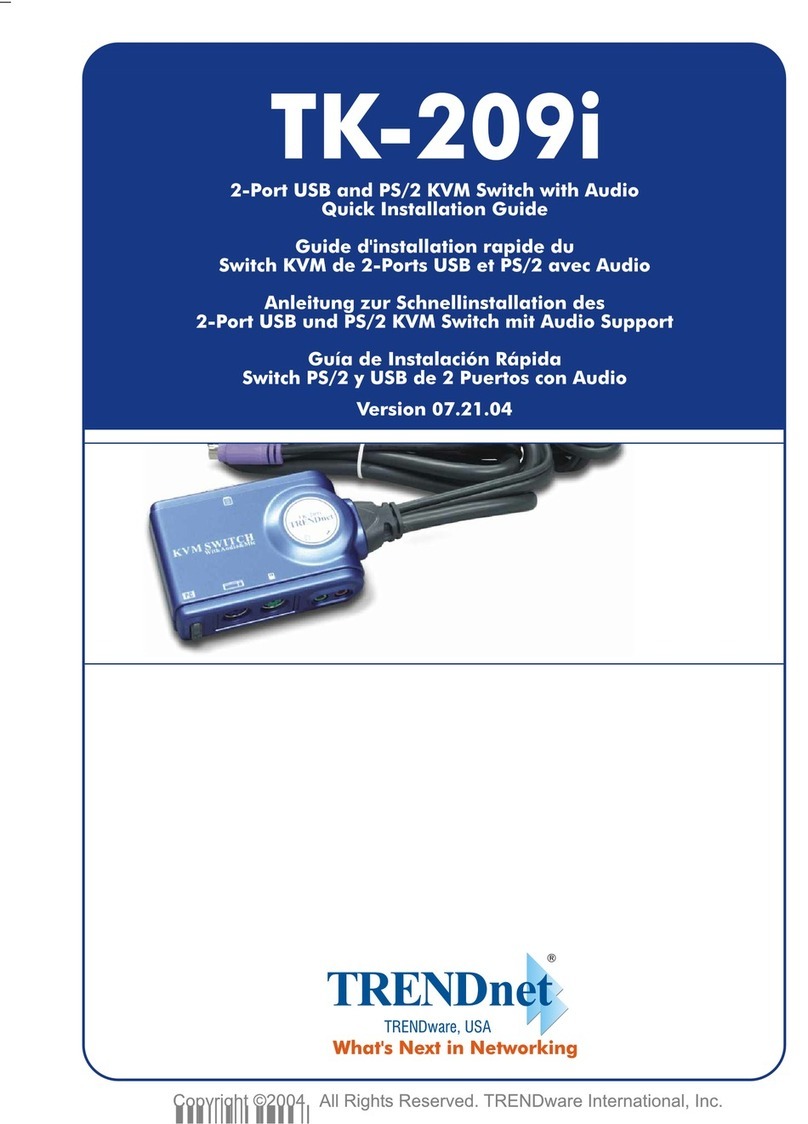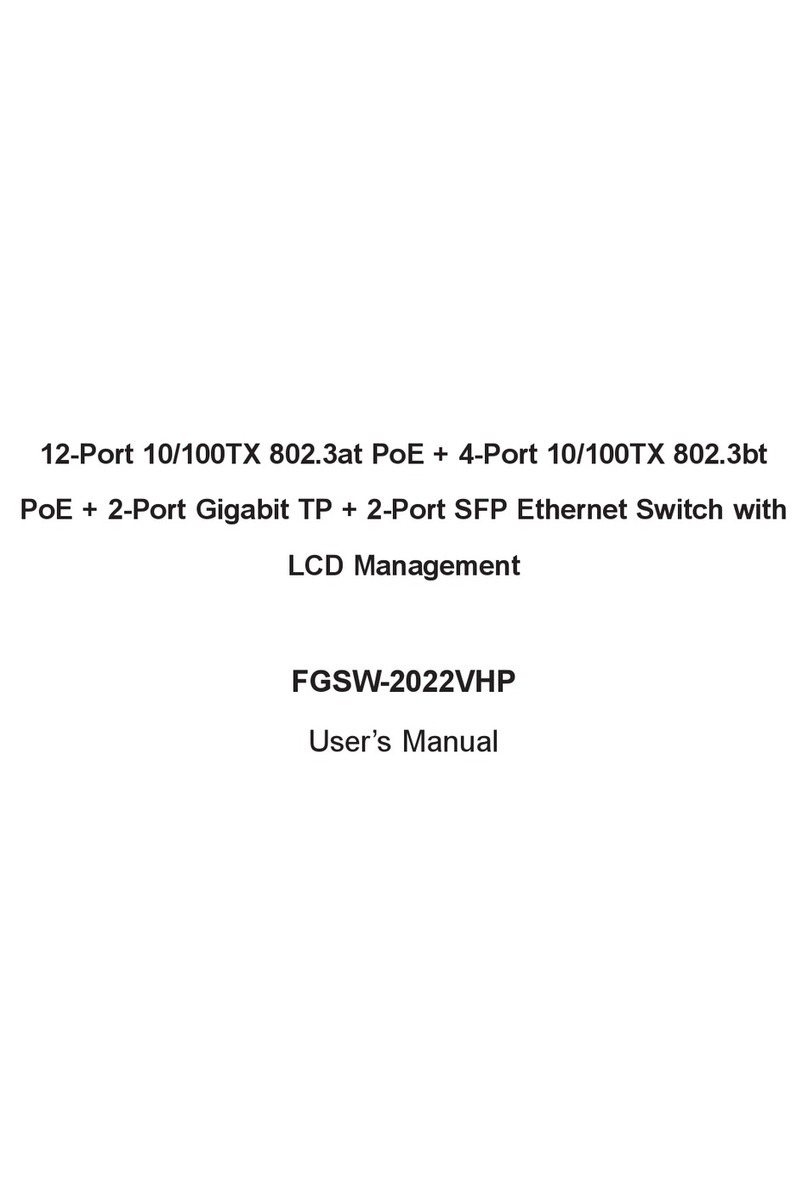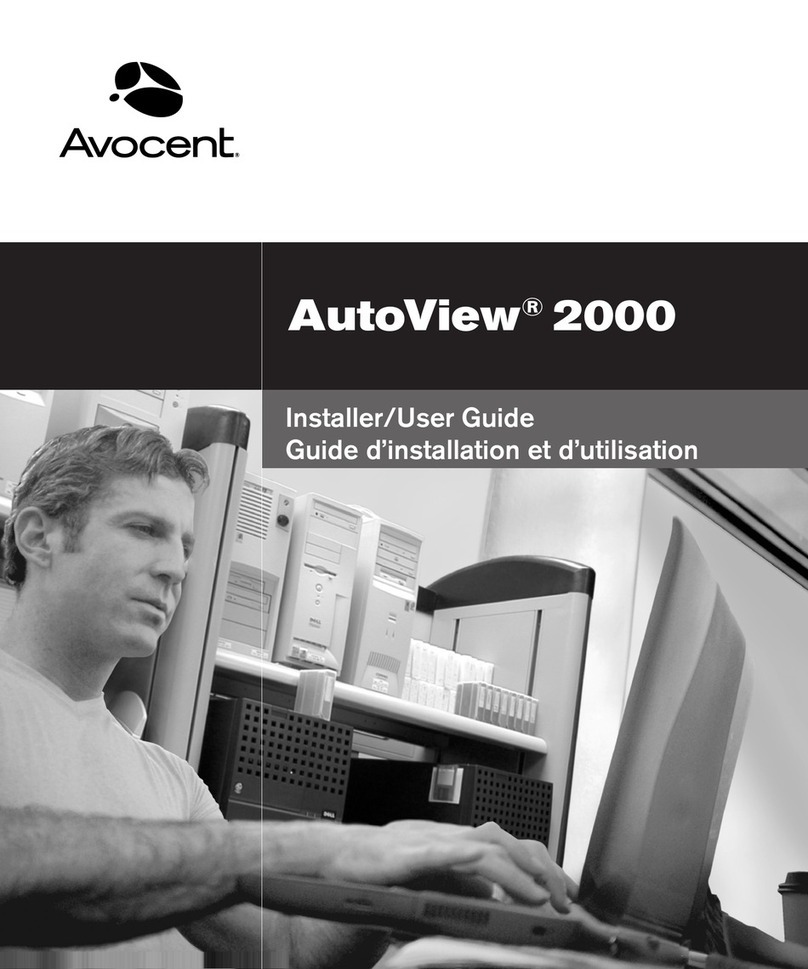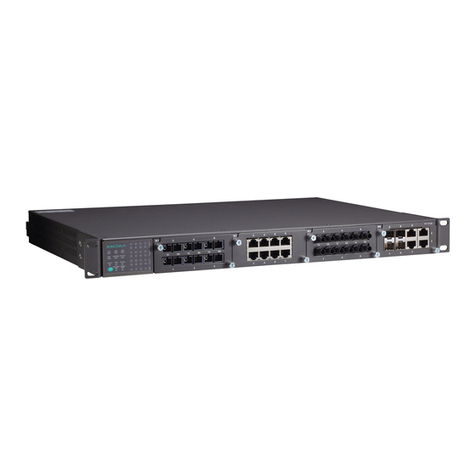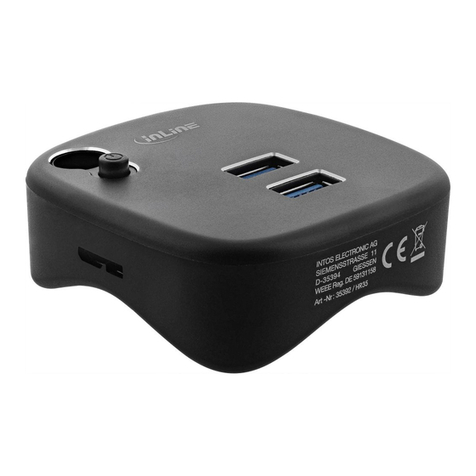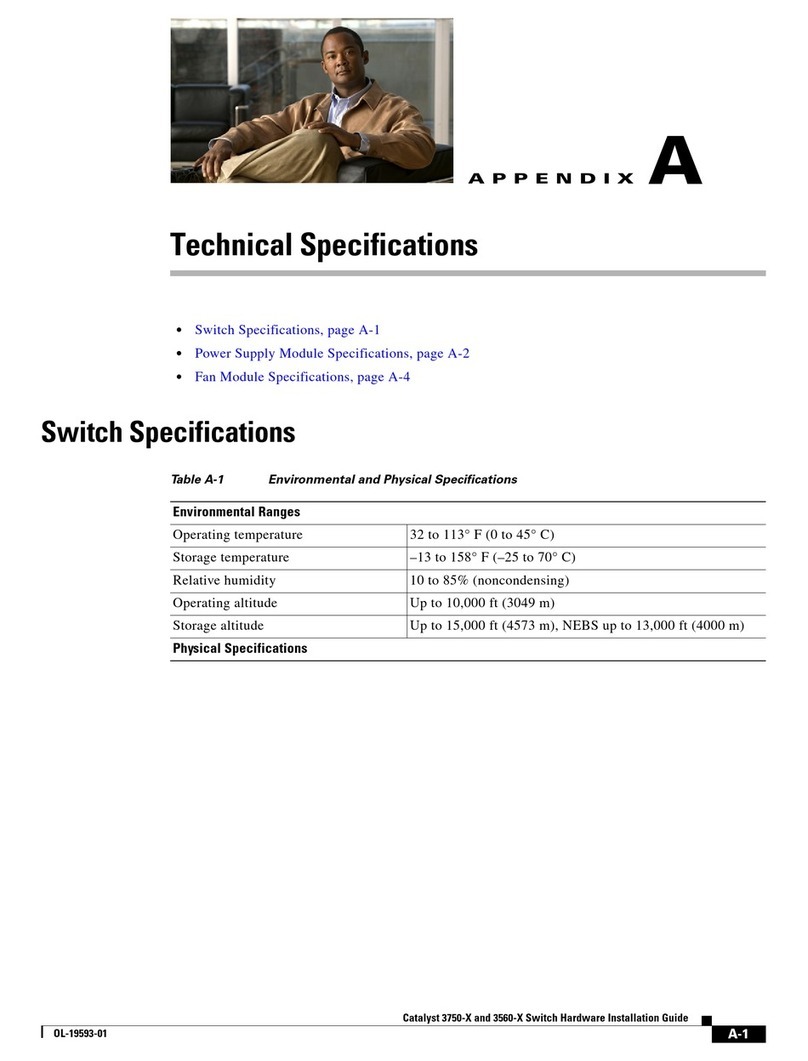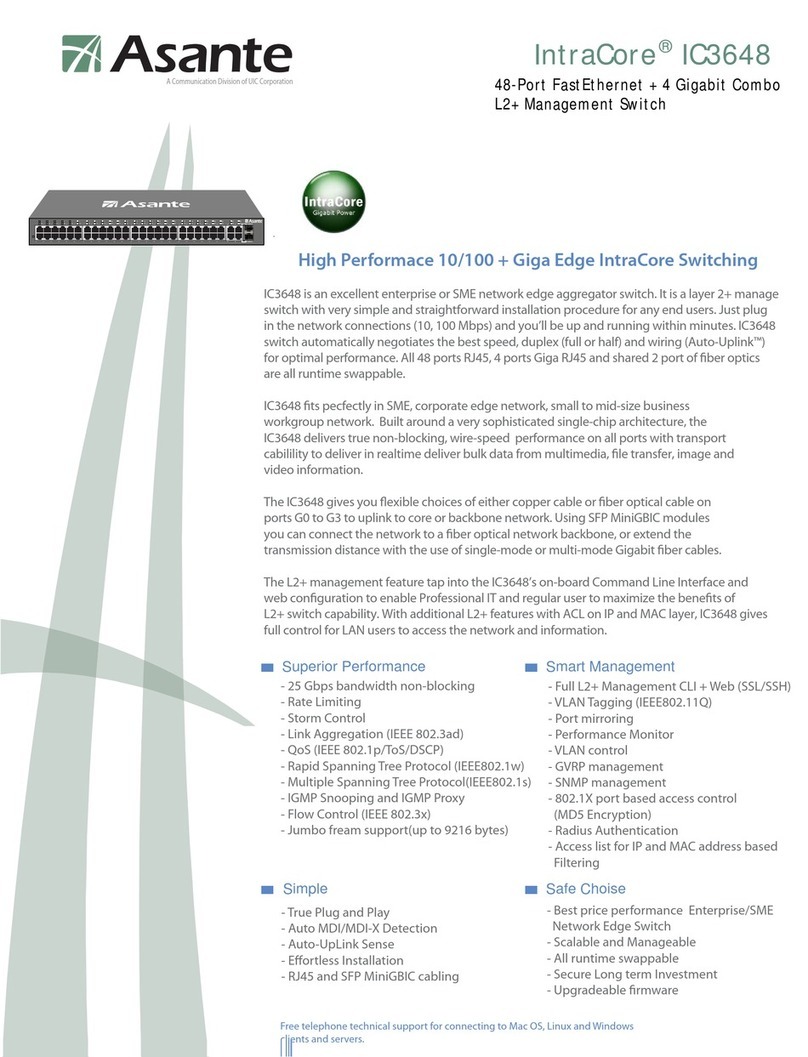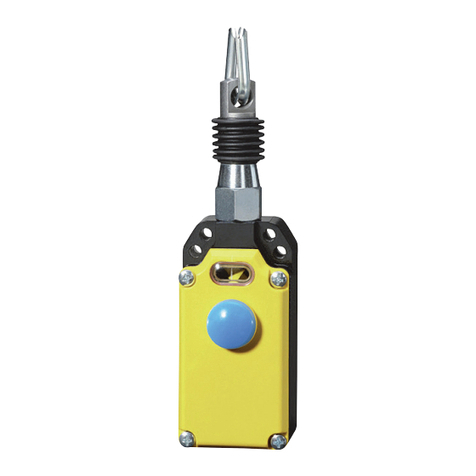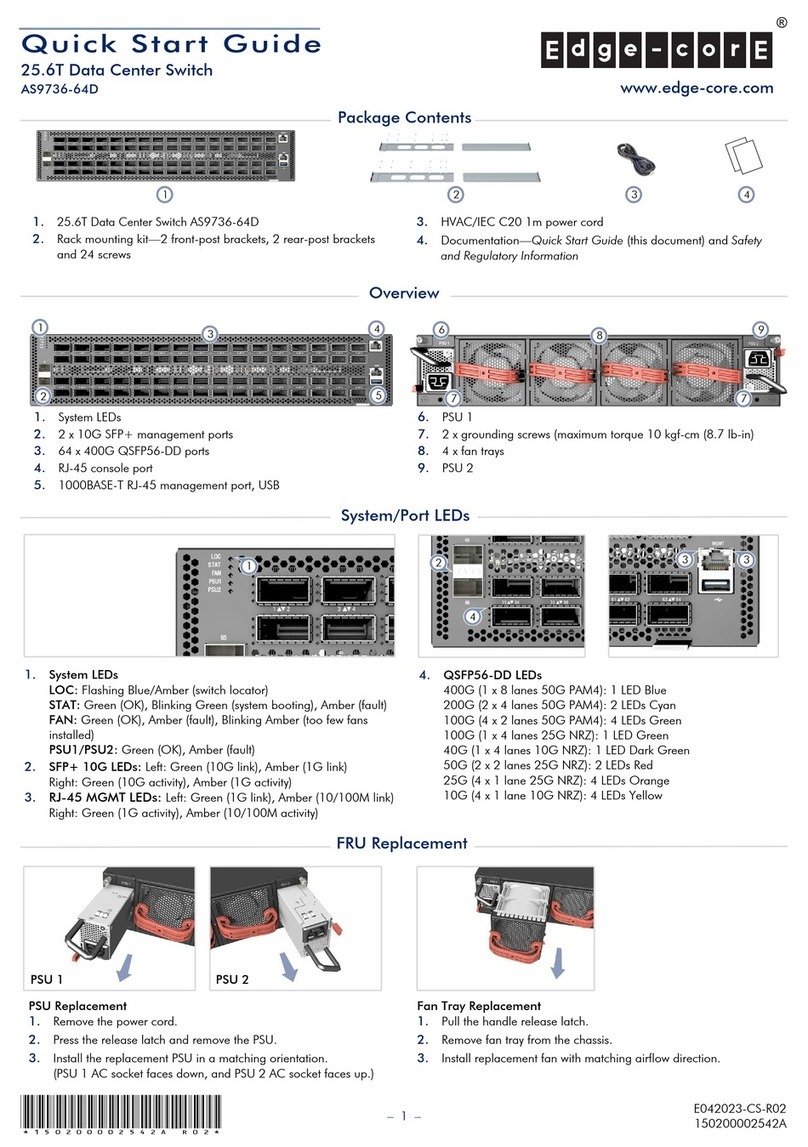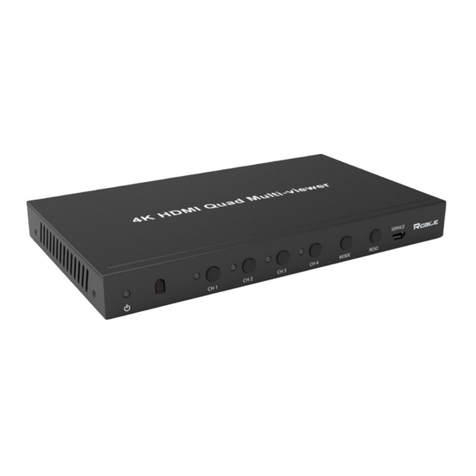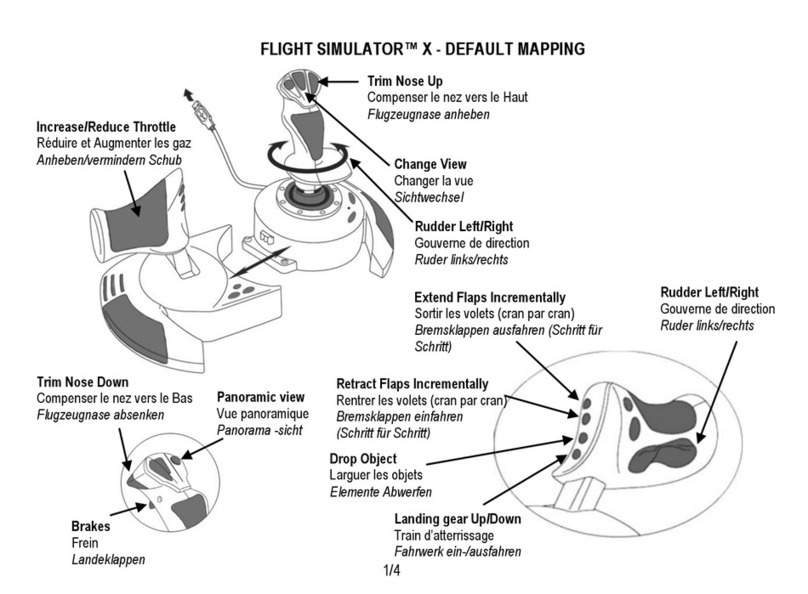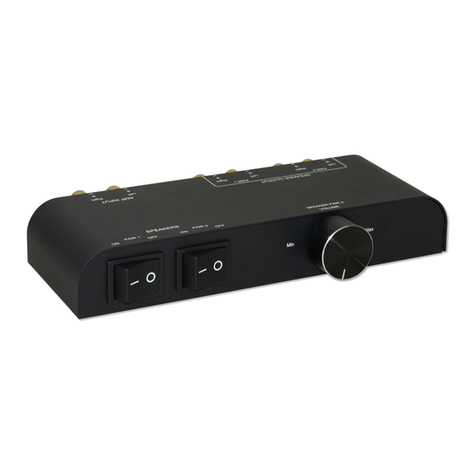6. (c) Switch box mount
Step 1: Set aside the Back Plate. It is not
needed for this installation.
Step 2: Attach the switch into the screw
holes on the switch box using the 6-32 x 3/4”
machine screws.
Step 3: Attach the faceplate aer the switch
has been attached to the switch box (Faceplate
screws are included).
6. (b) Screw Surface Mount
Step 1: If necessary, drill pilot holes into
the wall.
Step 2: Use suitable screws (not included) to
mount the wireless light switch to the wall.
Step 3: Attach the Switch to the Back Plate
using the included 6 x 3/8” screws.
Step 4: Attach the faceplate aer the switch
has been attached to the wall (Faceplate screws
are included).
6. (a) Adhesive Surface Mount
Step 1: Attach the switch to the Back Plate
using the included 6 x 3/8” screws.
Step 2: Attach the faceplate to the switch and
back plate assembly (Faceplate
screws are included).
Step 3: Apply adhesive tape to the Back Plate
of the switch.
Step 4: Ax the switch to the wall.
6. (a) Assemble the lightswitch based on the location and mouting method.
Wireless light switches can be mounted in a standard switch box or surface mounted using screws or adhesive. If mounting to junc-
tion box, remove backplate from light switch assembly. e light switch face plate should be ush with the wall. Ensure that the light
switch location os no more than 50-150 feet from the receiver. Consider testing the range before installation.
3-Wire Relay Receiver Single-rocker Self Powered
Switch
Range 50 - 150 feet (typical)
Frequency 315 MHz
Relay Output 24 VAC N/A
Max
Loads/
Contact
Ratings
Tungsten / Incan-
descent 100 W N/A
Fluorescent Ballast 3 A N/A
General Duty 6 A N/A
A300 Pilot Duty 24 VA N/A
Power Supply 24 VAC - 50/60 Hz Self-Powered when Pressed
Dimensions 2.11 x 1.73 x 1.09 inches 2.75(W) x 4.5(H) x 0.62(D) inches
Operating Temperature 14° to +122°F (-10° to
+50°C) -13° to +149°F (- 25 ° to + 65°C)
Storage Temperature -4° to +176°F (-20° to +80°C)
Radio Certication FCC (United States): SZV-TCM2XXC
I.C. (Canada): 5713A-TCM2XXC
Safet Approval ETL (United States): UL244A, UL2043
ETL(Canada): CSAc22.2#14-05
Contains FCC ID: SZV-TCM2XXC Contains IC: 5713A-TCM2XXC e enclosed device
complies with Part 15 of the FCC Rules. Operation is subject to the following two conditions: (i)
this device may not cause harmful interference and (ii.) this device must accept any interference
received, including interference that may cause undesired operation.
ETL (US) – Conforms to UL STD 244A. is device was tested according to and was found to
comply with UL 244A Solid State Controls for Appliances and UL 2043 UL Standard for Safety
Fire Test for Heat and Visible Smoke Release for Discrete Products and eir Accessories Installed in Air-Handling Spaces.
ETL (Canada) – Certied to CAN/CSA STD C22.2 No. 14-05. is device was tested according to and was found to comply with CAN/CSA
STD C22.2 No. 14-05.
E3R-R12-5IBTP
